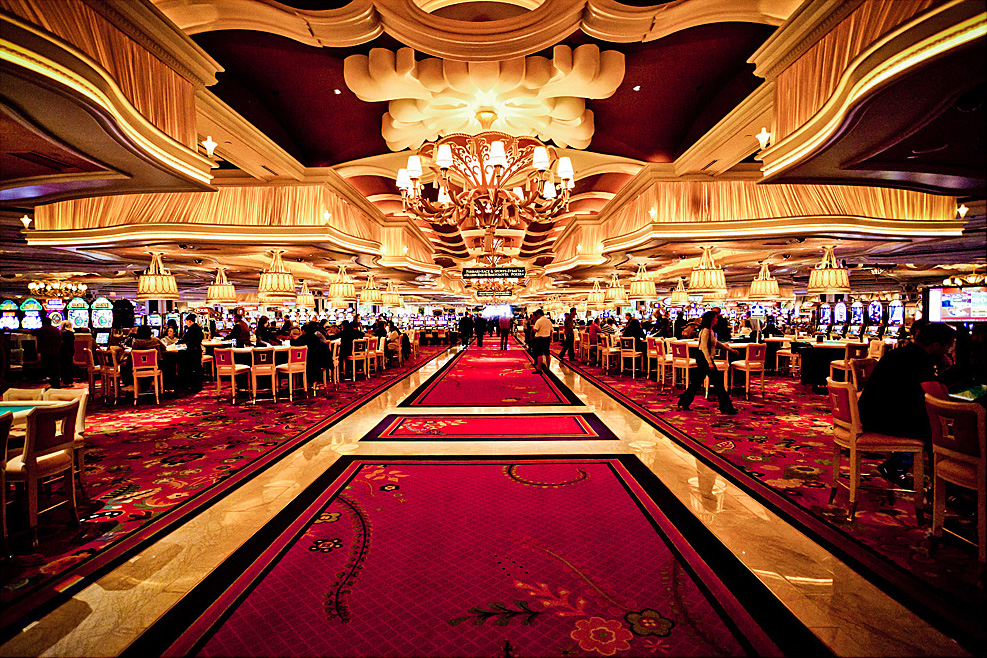
Casino games have consistently attracted a diverse audience, offering not only the excitement of risk but also a tailored experience designed for various player types. Including the strategic minds who thrive on calculation and skill to the casual players seeking entertainment, casinos recognize the details of their audience and develop games that cater to these differing tastes.
In delving into the world of casino games, we encounter a rich tapestry of game types that interest every kind of player. High-stakes poker tables draw competitive players, while vibrant slot machines appeal to those seeking quick rewards. Whether it’s about the lure of winning large or simply relishing the community feeling, casinos tailor their game offerings to ensure that everyone finds a spot that feels comfortable and engaging. Comprehending how these games are tailored to different kinds of players can enhance not only our appreciation of them but also how we approach selecting which games to play.
Comprehending Participant Groups
In the multifaceted world of gambling games, players can be classified into specific types based on their motivations and preferences. These player categories range from the casual and social gamers, who enjoy the fun value and community engagements that gambling provides, to the more tactical and analytical players, who seek to boost their odds and profits. Comprehending these different player types is essential for casinos to adapt their services and design immersive experiences.
One frequent kind is the group-oriented player, who views casino games as a form of community interaction and entertainment rather than a high-stakes gambling activity. These participants often enjoy games that encourage involvement and togetherness, such as poker. Their focus is on the experience rather than the conclusion, so lively settings and mutual moments are what they value the most.
On the opposite end of the spectrum, strategic players are inspired by rivalry and the search of skill. They tend to be drawn toward games that demand strategic thinking and strategy, such as blackjack, where their skills can determine the result. This category often interacts with the games on a more intense level, utilizing knowledge and approaches to gain an edge. Understanding these drives allows casinos to build environments and game selections that suit to each player’s individual likings.
Strategies for Game Design
Casino games are created with varied player types in mind, employing multiple strategies to draw in and engage them. For casual players, the focus is on ease and clarity. Games like slots are frequently visually appealing with simple mechanics. https://gamevivu88.com/ This allows players to enjoy the gameplay without a difficult learning curve, fostering an inviting atmosphere. The bright colors, catchy sounds, and thematic elements create a fun environment where players can easily get involved and enjoying themselves.
For tactical players who enjoy a deeper level of engagement, games such as Texas Hold’em and blackjack offer depth and skill-based elements. These games incorporate strategy and decision-making, attracting to players who thrive on challenge and want to exercise their mental skills. The design of these games often includes intricate rules and mechanics that challenge players to refine their skills and develop strategies over time, creating a fulfilling experience for those who enjoy mastering the game.
Furthermore, social players are catered to through games that emphasize interaction and community. This includes live dealer games and multiplayer games, which foster a sense of community among players. The design of these games typically includes communication tools and communal aspects, allowing players to connect and exchange insights. By creating an environment where participation is encouraged, casinos can effectively involve community players, making the gaming experience more pleasurable and memorable.
Enhancing Participant Engagement
Casino titles have advanced significantly to provide a significantly entertaining atmosphere for participants. Game designers focus on immersive visuals, immersive soundscapes, and innovative game mechanics that engage gamers into the gaming space. By employing tech, such as virtual reality and AR, casinos ensure that gamers feel as if they are part of a dynamic environment, enhancing not only the enjoyment of the titles but also the entire experience of being in a betting establishment.
Community engagement is another key factor in enhancing player engagement in betting titles. Many titles are designed to facilitate communication among players, whether through multiplayer formats or messaging options. This community feature attracts players who appreciate connecting with fellow players while playing, promoting a sense of community. Moreover, social features can include ranking systems, contests, and rewards for collaborative play, which capture determined players and motivate them to come back for more.
In conclusion, customization plays a pivotal role in customizing the interaction for diverse player types. Betting companies and software designers analyze gamer activities and likes to provide personalized game options and rewards. By comprehending the distinct preferences of participants, gaming establishments can offer tailored deals, bonuses, and fresh games that resonate with each participant, thus boosting their complete engagement and devotion to the gaming venue.